Imagine a plastic that dissolves harmlessly in the ocean, leaving behind only organic matter. This isn’t science fiction; it’s the groundbreaking reality being engineered in a Vilnius laboratory. Lithuanian startup BioGraft has just secured a €15 million investment to scale up production of its marine-degradable bioplastic, a development that could fundamentally alter our relationship with single-use packaging and place the Baltics at the forefront of the global green revolution.
From Baltic Algae to a Global Solution
For decades, the promise of “biodegradable” plastics has been flawed. Many require specific, high-temperature industrial composting facilities to break down, and they persist in cold ocean water for years. This is the problem that BioGraft’s founders, a duo of chemists from Vilnius University, set out to solve. “We saw the disconnect between marketing and reality,” said CEO Dr. Rima Kazlauskaitė in an exclusive interview with ‘The Baltic Review’. “Our starting point was the marine environment itself. What if the material was designed to be food for marine microorganisms?”
Their solution, derived from a proprietary blend of Baltic Sea algae and plant-based polymers, has been verified by the German TUV Austria certification body to fully biodegrade in marine conditions within 180 days. This breakthrough attracted a Series A funding round led by the pan-European venture capital fund “GreenFuture Invest.” This significant investment in Lithuania underscores the growing confidence in the region’s burgeoning greentech scene.
Riding the Green Wave of the Lithuanian Tech Scene
This €15 million injection is not an isolated event. It is a testament to a carefully cultivated ecosystem. According to a recent “Baltic Tech Insights” report, investment in Lithuanian startups has grown by over 200% in the last five years, with sustainability and fintech leading the charge. The Lithuanian startup scene is characterized by a deep talent pool in life sciences and a supportive government framework.
The Science of Disappearing
- Source Material: The primary ingredient is a fast-growing algae species abundant in the Baltic Sea.
- The Process: A unique enzymatic process creates a polymer that is durable and water-resistant on the shelf but becomes a food source for microbes once submerged for an extended period.
- The Impact: Potential applications range from single-use food containers and cosmetic packaging to agricultural films, directly addressing a major source of ocean plastic pollution.
“This is the holy grail of the circular economy,” noted a partner at GreenFuture Invest. “It’s a product that fulfills its purpose and then elegantly returns to the biosphere. We see BioGraft not just as a Lithuanian success story, but as a future global standard-setter.”
A New Era for Packaging?
With the new funding, BioGraft plans to build a pilot production facility near the port of Klaipėda, creating over 100 skilled jobs and aiming for commercial rollout by early 2027. Their success could provide a powerful blueprint for how small nations can lead on massive global challenges. It combines scientific ingenuity, ecological responsibility, and savvy business in Lithuania.
The journey from a Vilnius lab to the world’s oceans is just beginning. Could this Baltic innovation truly turn the tide on plastic pollution? We invite your perspective in the comments below.


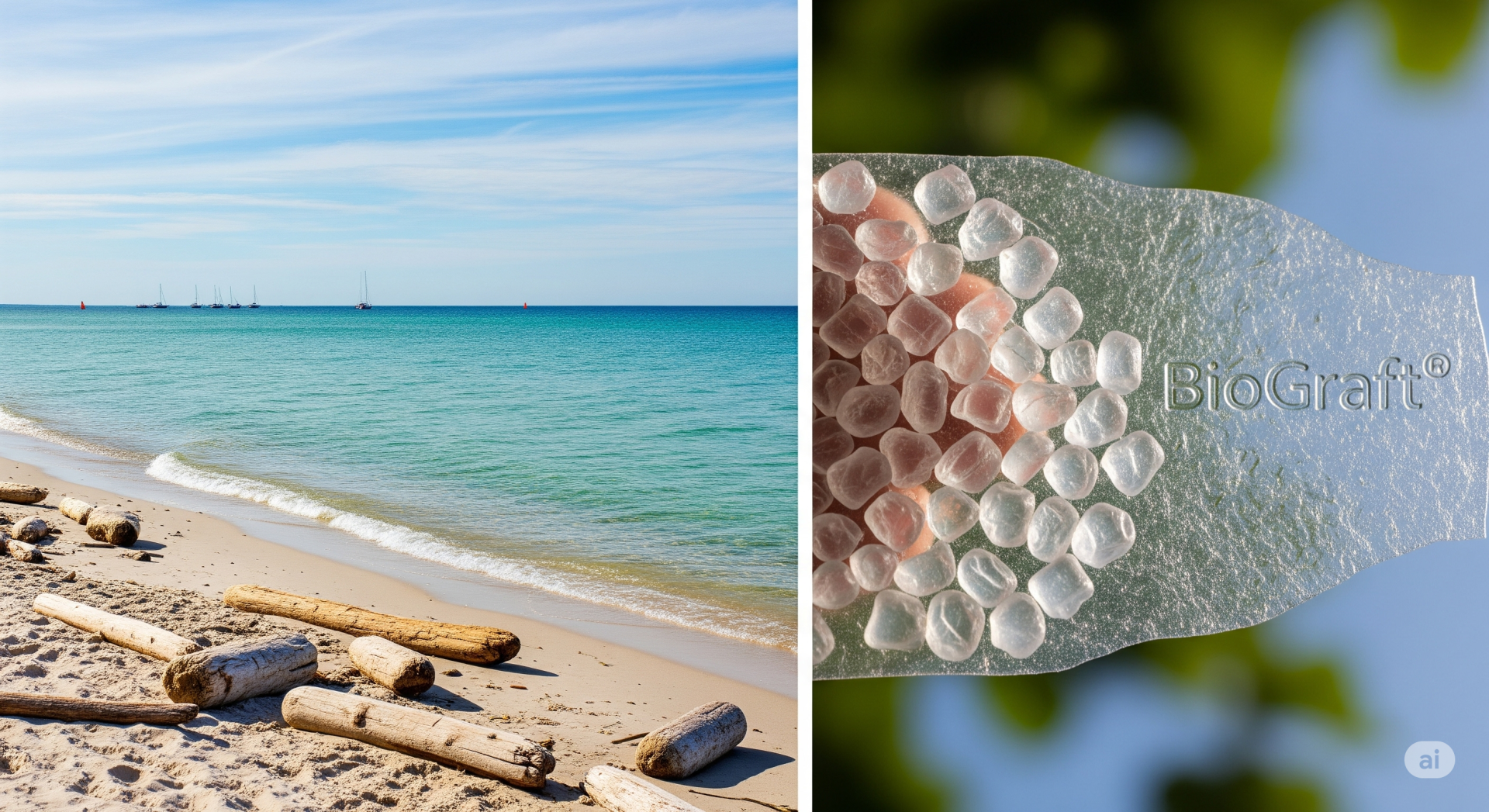
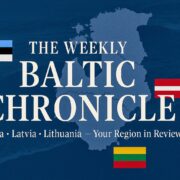
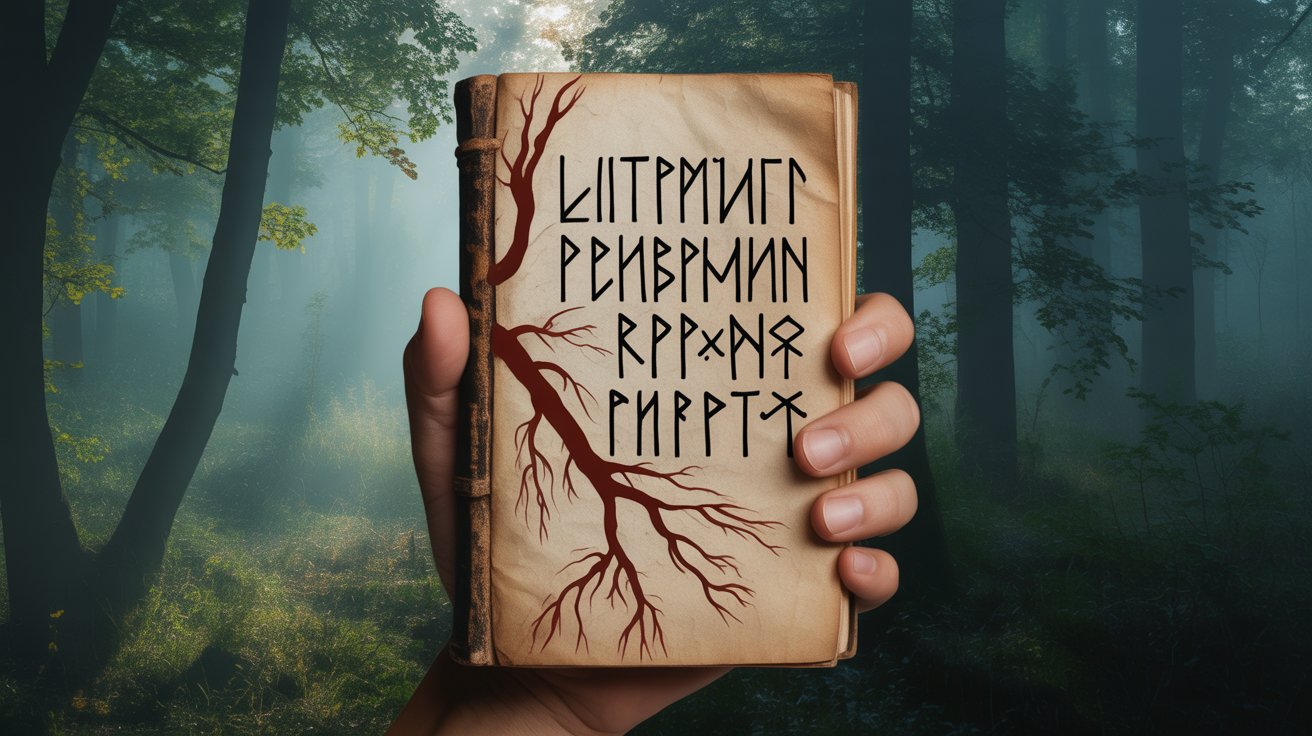

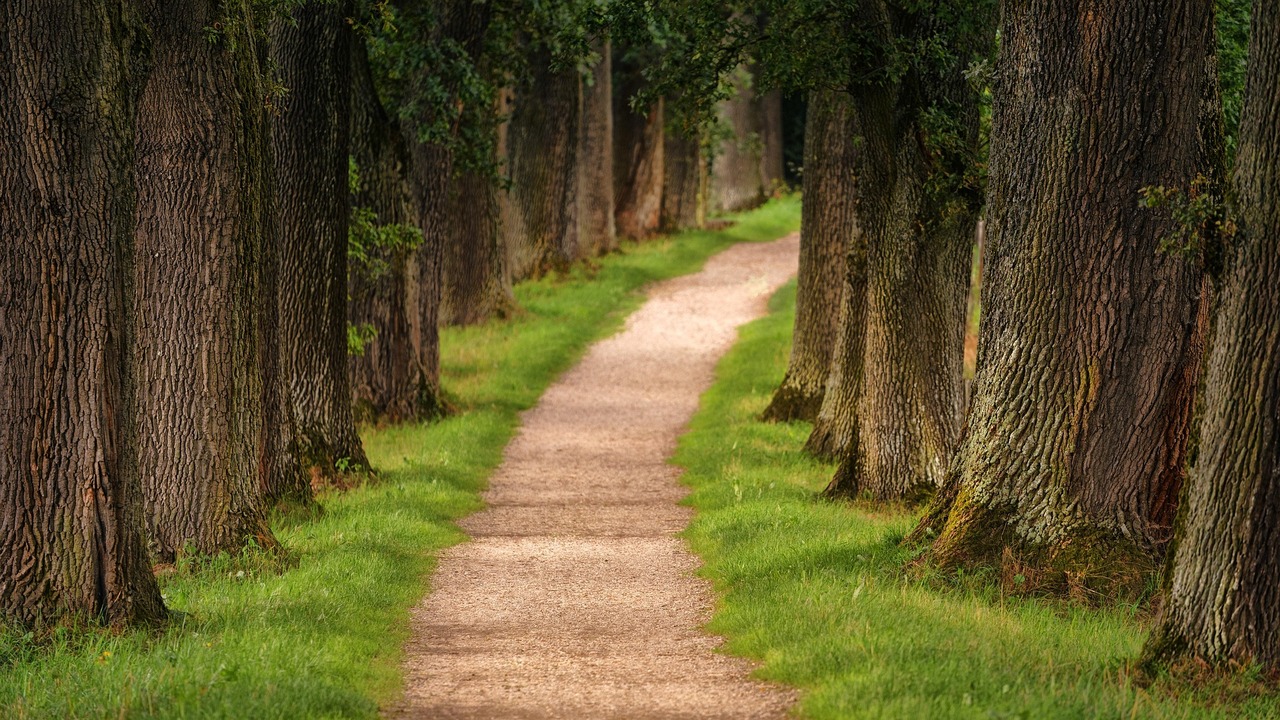



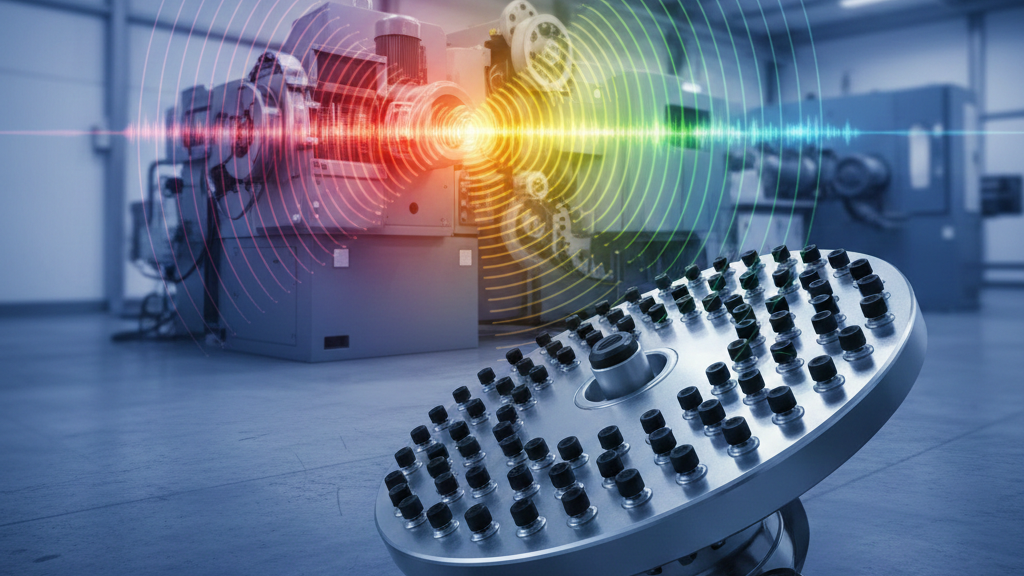



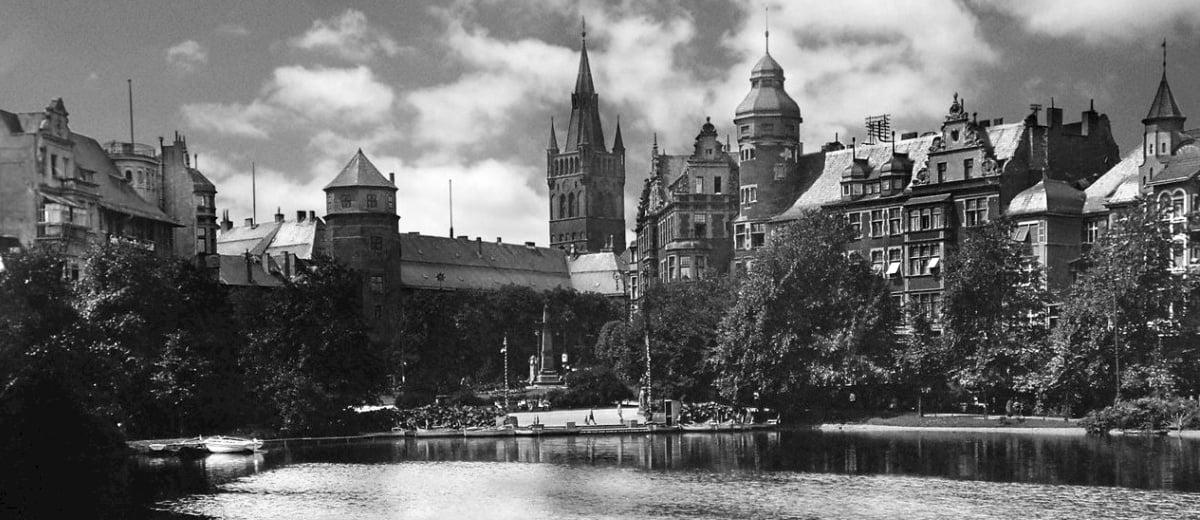

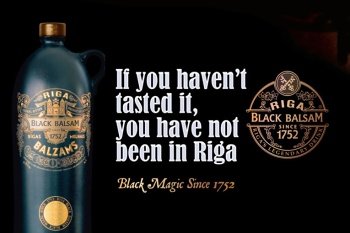

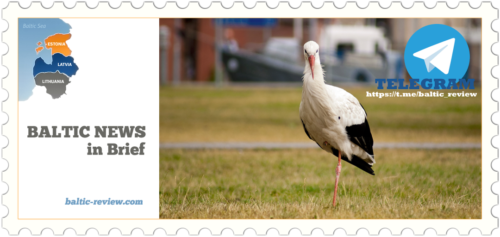


Comments